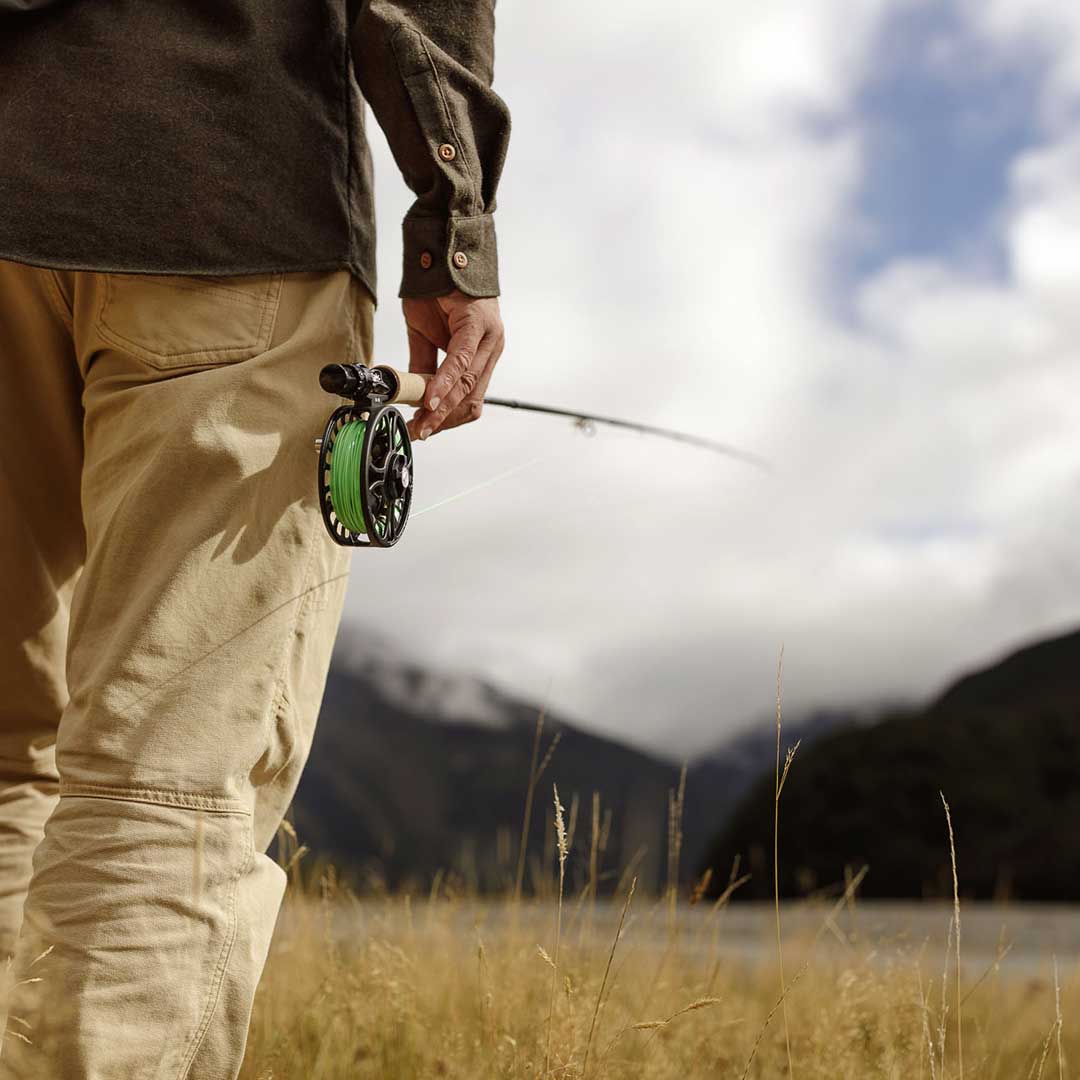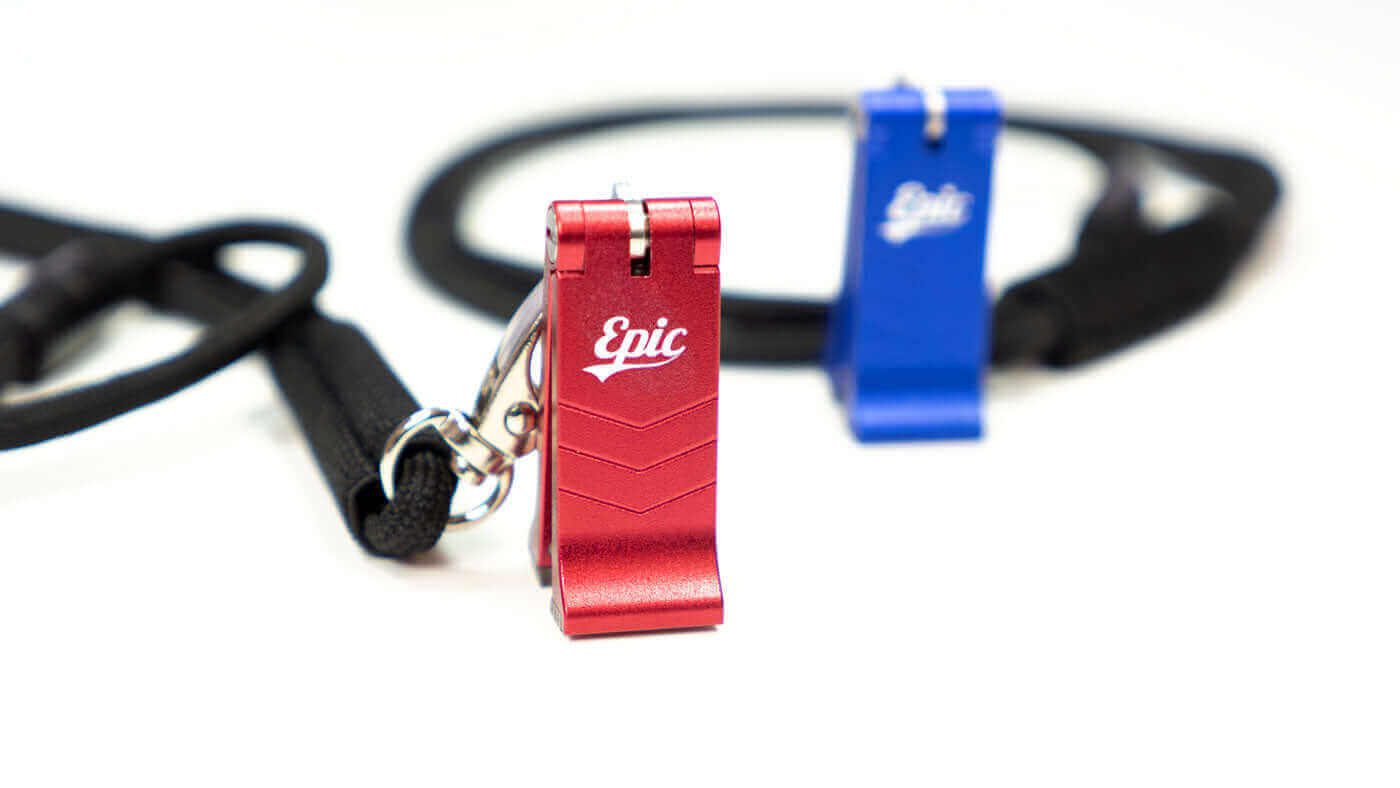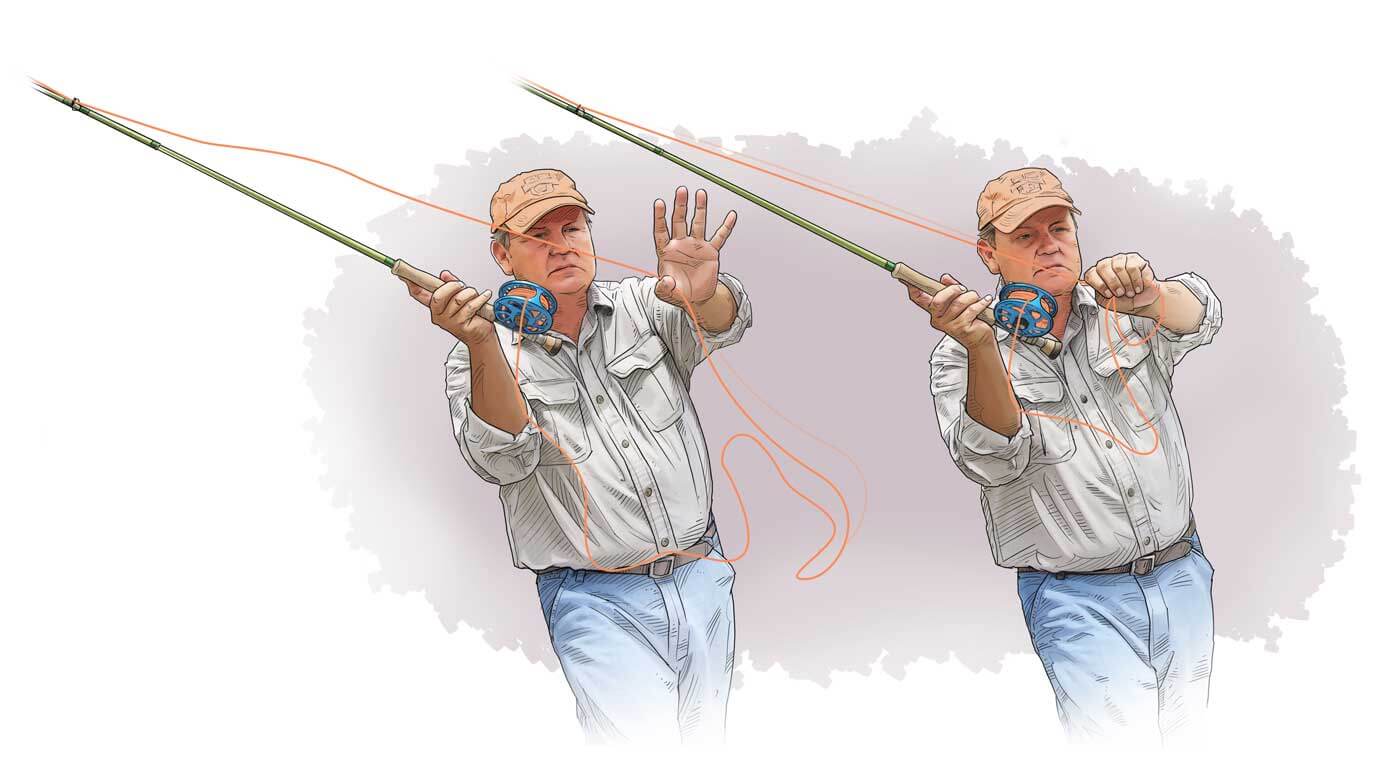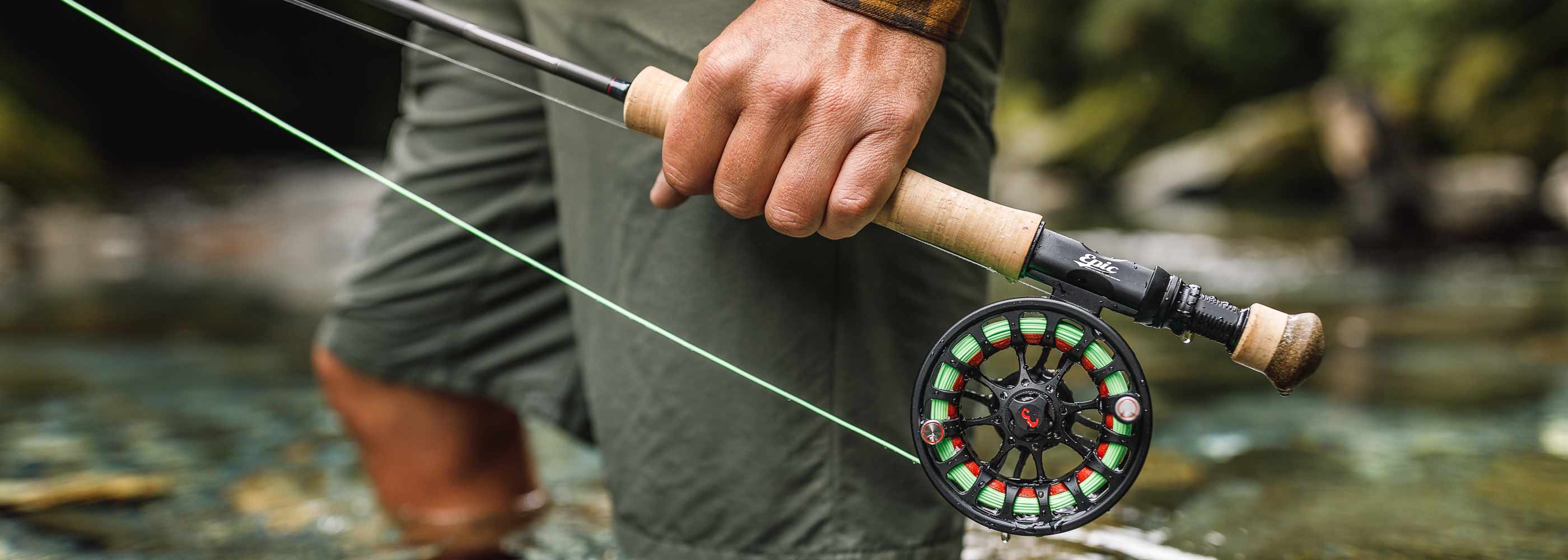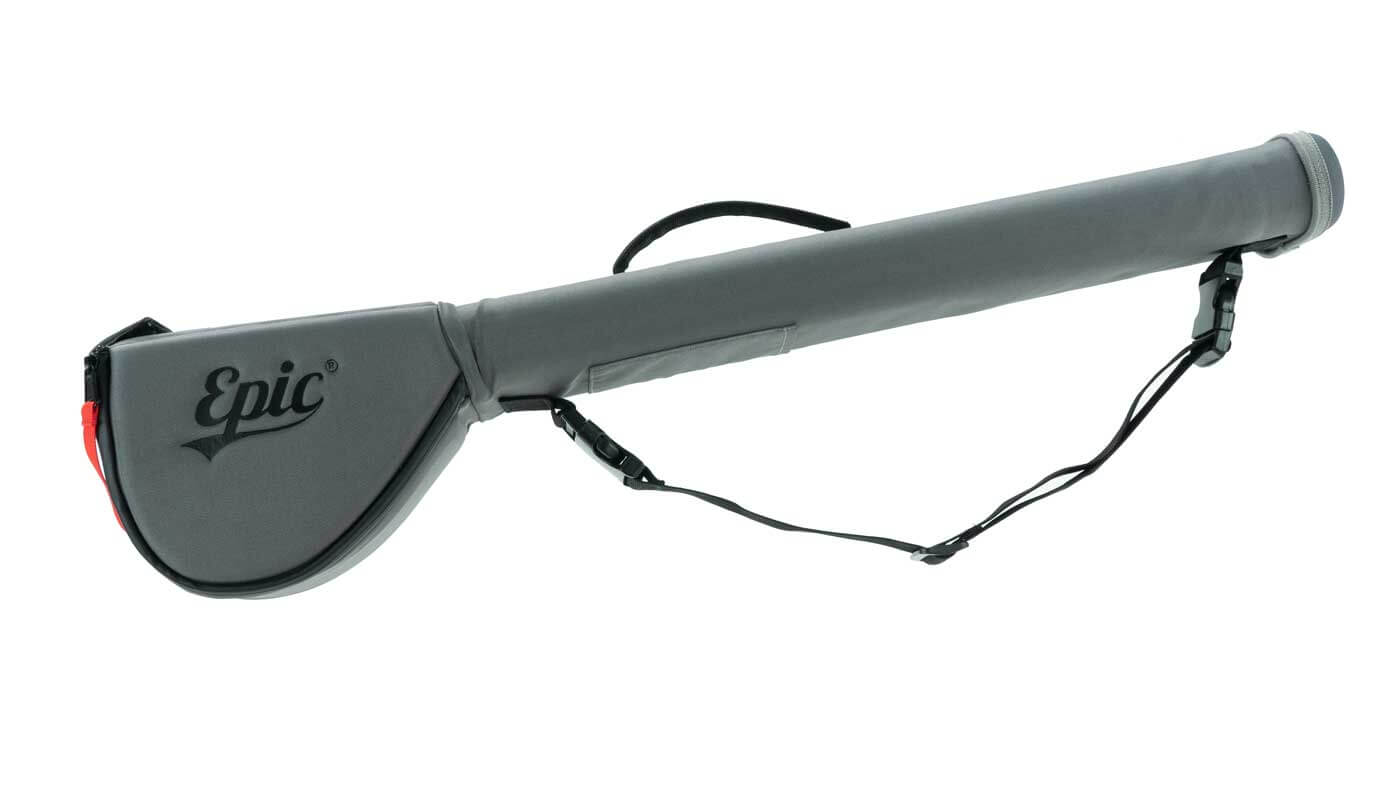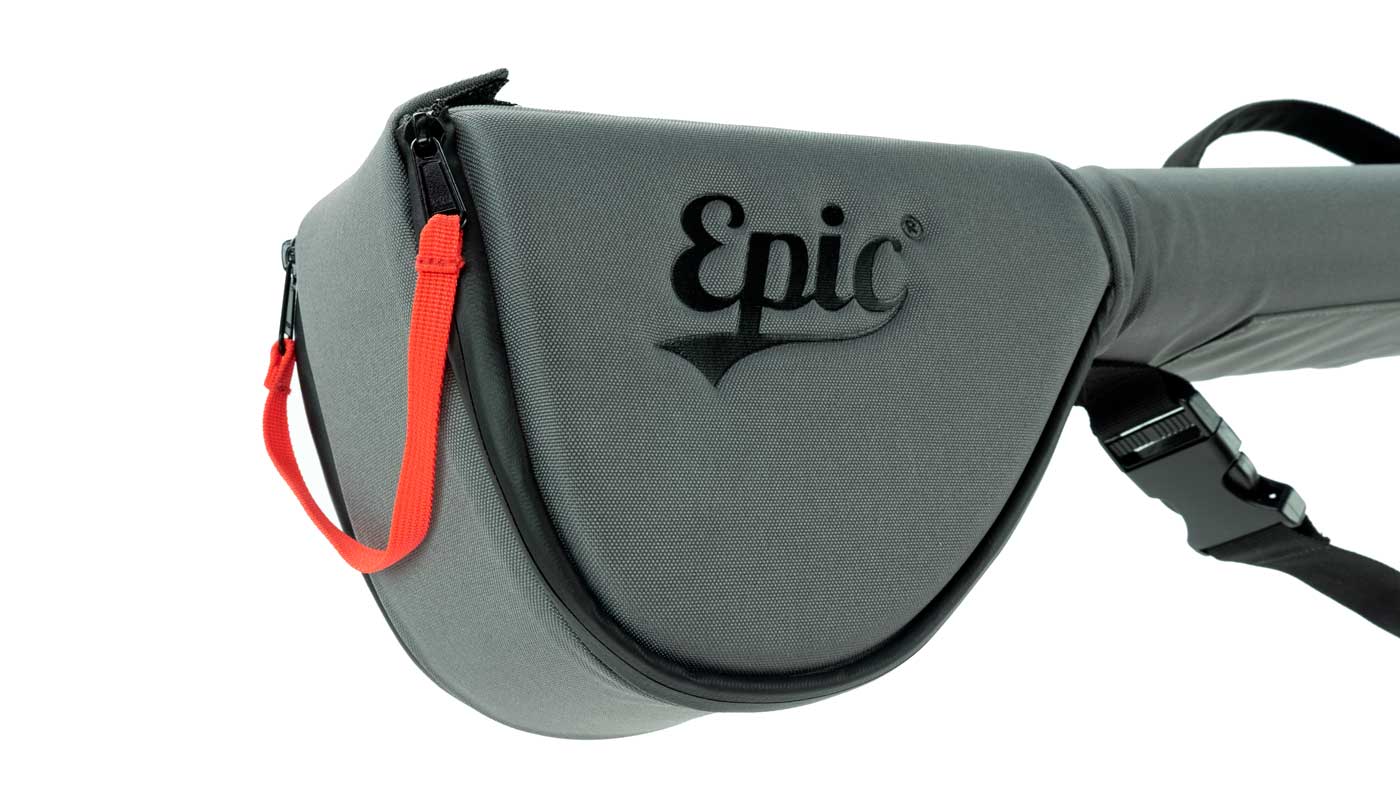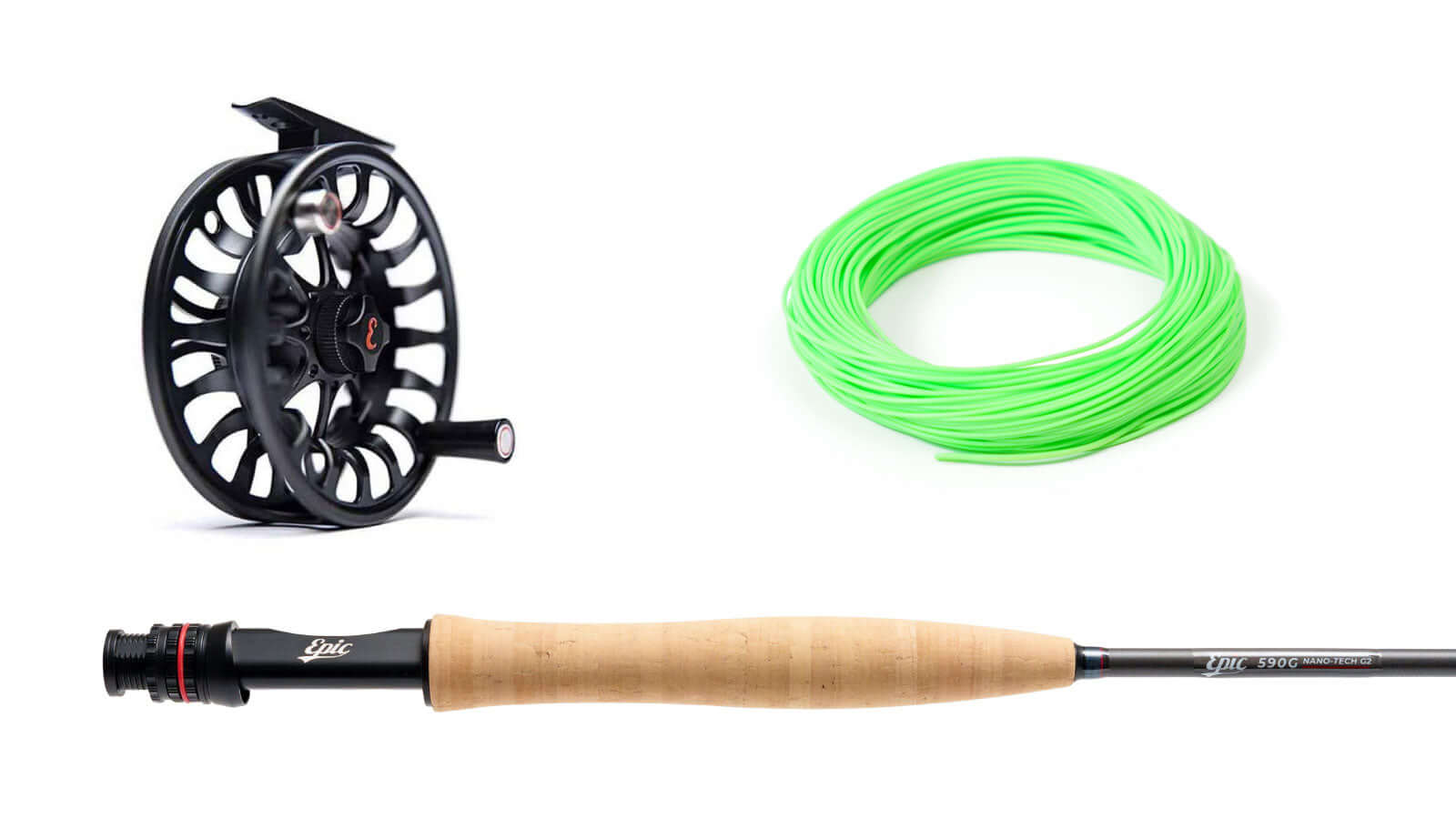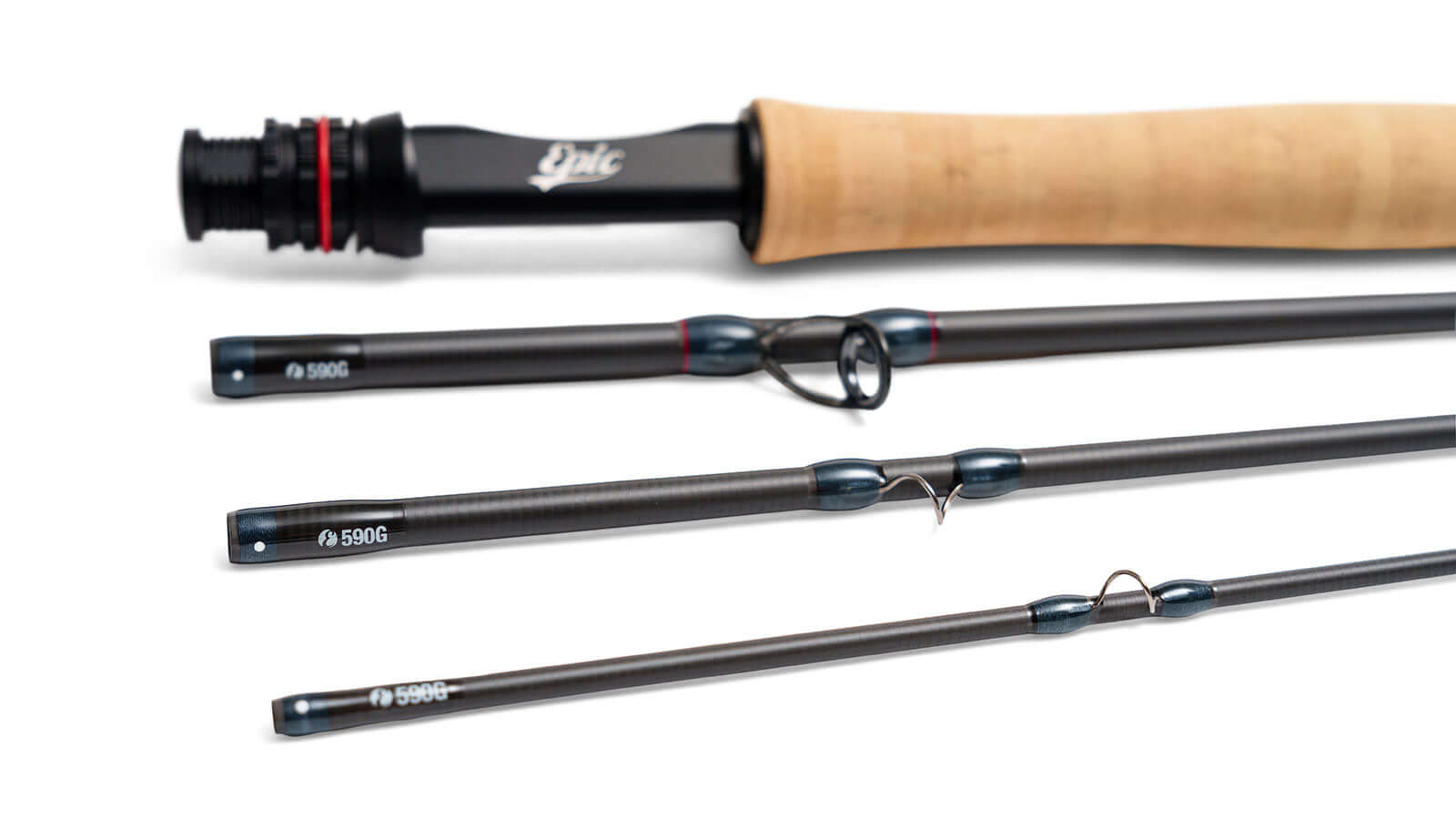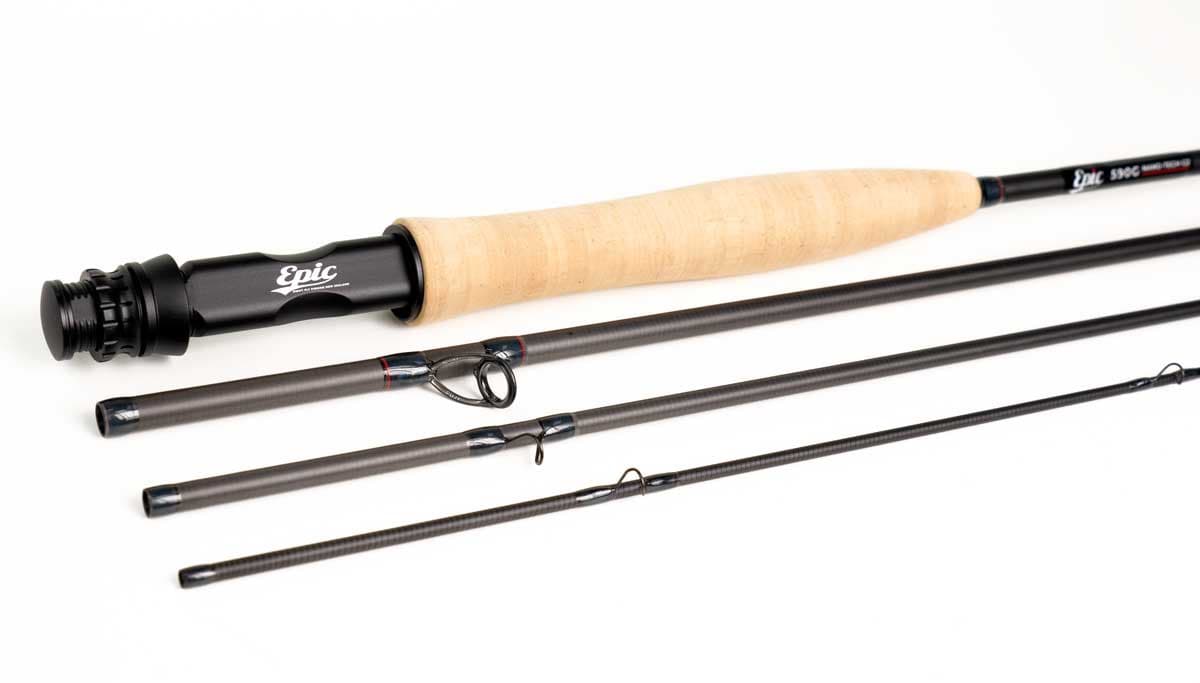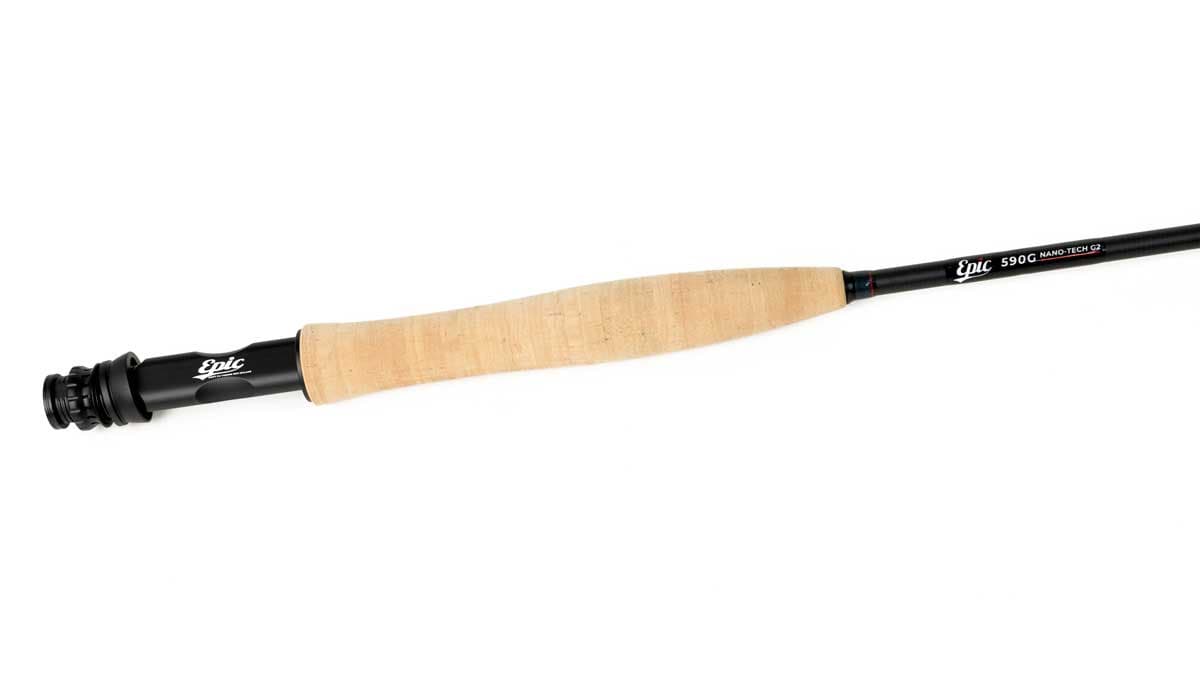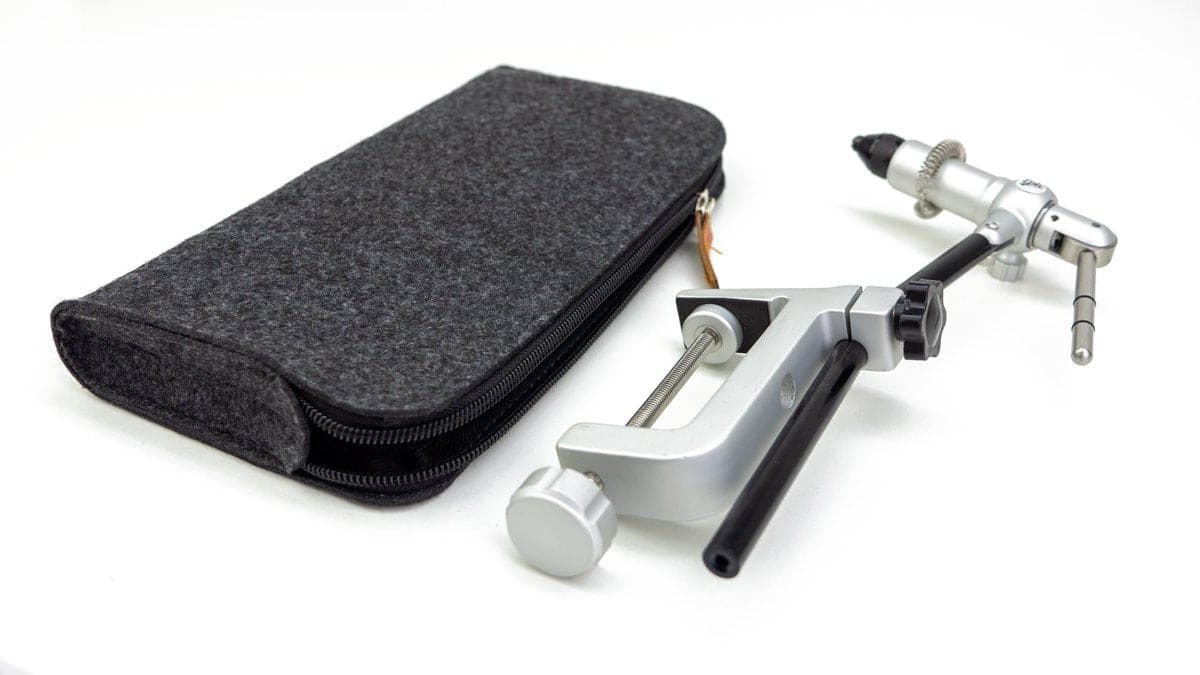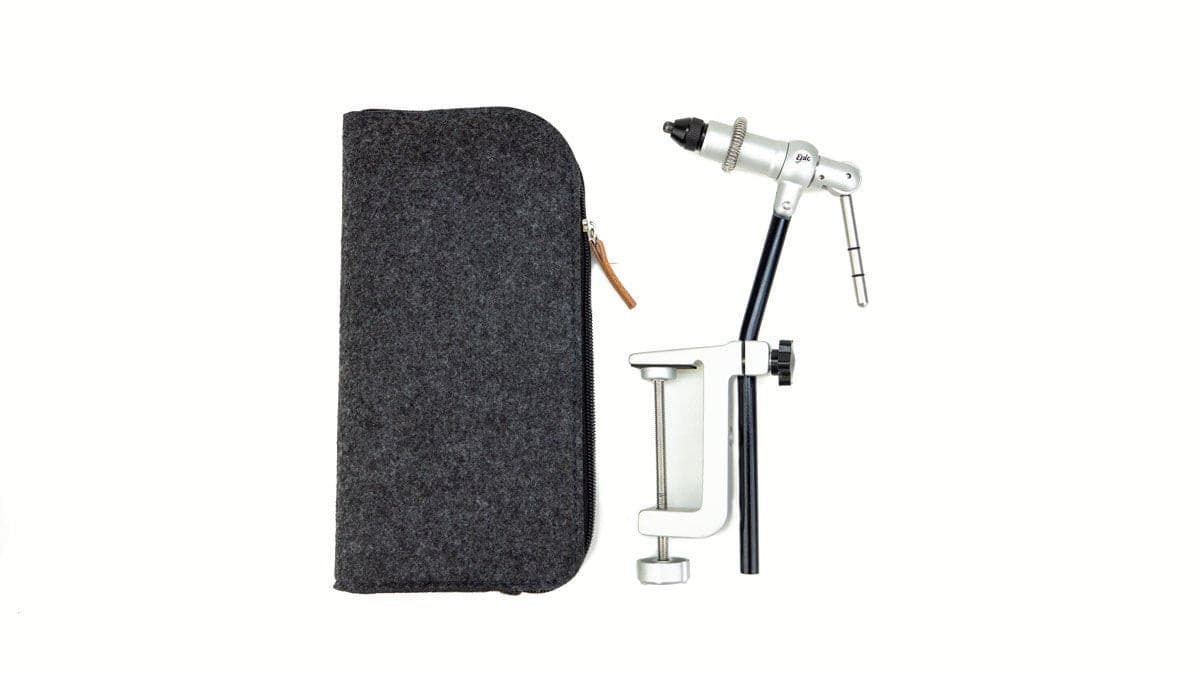The strongest and simplest tippet to fly knot there is. "the Fishermans Knot" - aka The Pitzen knot.
This is one of my favorite knots, and in my opinion, by far the best freshwater tippet to fly knot there is.
~ Carl
The Pitzen Knot is referred to under a number of different names including the Eugene Bend, Pitzen, and the 16-20 knot and the Fishermans Knot. Lefty Kreh was very familiar with this particular knot and adept at tying it, he referred to it as the Fishermans knot and reckoned it had been around since the 1950’s.
The credited inventor seems to have been Mr Edward Pitzenbauer of Germany.
More recently it has been referred to it as the 16-20 Knot in reference to the 16-20 club. The fly anglers of the club managing to catch a salmon that weighed sixteen pounds a size #20 fly on a fly rod using this knot.
(The San Diego Jam Knot is one of the derivatives of this knot. The only difference is the tag end runs through the opening on the bottom before the loop located at the top. This extra step adds an additional pressure point to the dynamics of the knot and gives the San Diego Jam Knot the ability to be used on a slippery braided line)
Whatever name you choose to call it, the Pitzen Knot it is an incredibly effective way to tie a fly to leader. It’s kind of a reverse clinch knot, however it is many times stronger - the clinch is actually one of the weakest fly to tippet knots there is.
The knot is well tested to retain 95 percent of the breaking strength of the line. Tying this knot is easier if you are using tippets or a lighter line than it is for a heavier line.
- It retains more than 95% of the line’s breaking strain
- It is simple to tie and can be learned in a few minutes
- It can be tied in any conditions – cold fingers, rocking boat or when you have spotted a big fish!
- Because it cinches up with a little ‘pop’ it is easy to tell when it is tied correctly
The Fisherman's Knot - By Joe Mahler
This knot is also called the Pitzen and 16-20, among other names. Whatever you choose to call it, this “reversed clinch” is easily tied and stronger and smaller than the improved clinch. However, it does require you to use more tippet, and some find it harder to tie than the improved clinch – though I provide some tips for making it easier. With one simple variation – passing the tag end through the loop formed at the hook eye like you would for and improved clinch knot, you get another version of the knot, often called the Heiliger or San Diego jam.
How to tie the best fly to tippet knot
- Insert the tippet through the eye of the hook and form a crossed loop around the standing line.
- Make three of five wraps around both lines, wrapping back toward the hook.
- After making the wraps, take the tag and pass through the back of the loop opposite the hook.
- Lubricate and dress so that the wraps lie neatly together. Tighten by pulling firmly on the standing line. When the knot is tied properly, you will see it pop into place. Trim the tag.

Tip: One way to make this knot easier to tie is by threading 4 to 6 inches of tippet through the eye of the fly, pinching the loop with your right hand, and then making the wraps back toward the fly with your left hand. If you want to impress your friends, you can clamp forceps on to the hook bend and swing the fly around as you wrap – similar to how bass pros tie this knot with spinner baits.
Art Scheck, in Fly Fish Better, recommends hooking the fly on a zipper pull or large snap swivel attached to a zipper. This frees both hands to tie this knot. You can use this trick for other knots too!
Author

Joe Mahler is one of the USA's leading fly casting instructors and author and illustrator of “Essential Knots & Rigs for Trout” and “Essential Knots & Rigs for Salt Water”. You can Book a fly casting lesson with Joe via his website here


